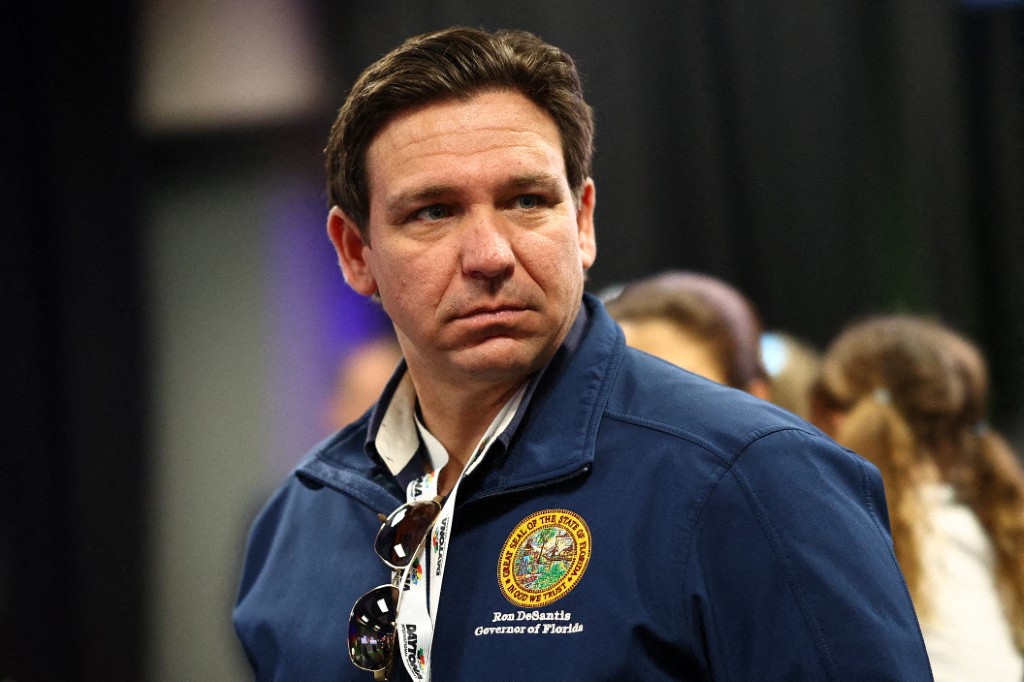Miami, United States - Florida Governor Ron DeSantis on Friday vetoed a blanket social media ban for youths under age 16, stepping into a legal controversy over the impact of internet media platforms on children.

Florida Governor Ron DeSantis attends the drivers meeting prior to the NASCAR Cup Series Daytona 500 at Daytona International Speedway on February 19, 2024 in Daytona Beach, Florida. Florida moved February 22, 2024 towards enacting what would be one of the strictest bans on children's use of social media in the United States after the state Senate passed a bill to keep those under 16 off such platforms. (Photo by Jared C. Tilton / GETTY IMAGES NORTH AMERICA / AFP)
DeSantis signaled the possible veto last week, saying that a proposal approved by the state legislature needed improvement.
The Republican governor, however, said lawmakers are working on a new proposal that addresses concerns about privacy issues and parental rights.
"Protecting children from harms associated with social media is important, as is supporting parents' rights and maintaining the ability of adults to engage in anonymous speech," DeSantis posted on X.
"I anticipate the new bill will recognize these priorities and will be signed into law soon."
The original text required social media platforms to bar youth under age 16 from having accounts.
The legislation sought to protect children's mental health against the "addictive features" of such platforms, amid fears over sexual predators, cyber bullying and teen suicide.
Most social media networks already have a minimum age of 13 to open an account, though they do little to ensure compliance.
Opponents of the bill said parents, not authorities, should supervise minors' social media usage.
The governor, who ran an unsuccessful campaign for president and dropped out in January, has argued many times that parents should have more control over decisions affecting their children, particularly in education.
Under DeSantis, Florida has passed laws to curtail teaching about sex education and gender identity in schools and to eradicate diversity programs in state-funded universities.
Scores of books have been removed from the state's school library shelves in recent months, deemed inappropriate for children by conservative parents and school boards.
Some critics claimed that the bill vetoed by DeSantis would violate the First Amendment of the Constitution, which guarantees freedom of speech.
DeSantis himself warned in January that similar bills in other states had been blocked in the courts.